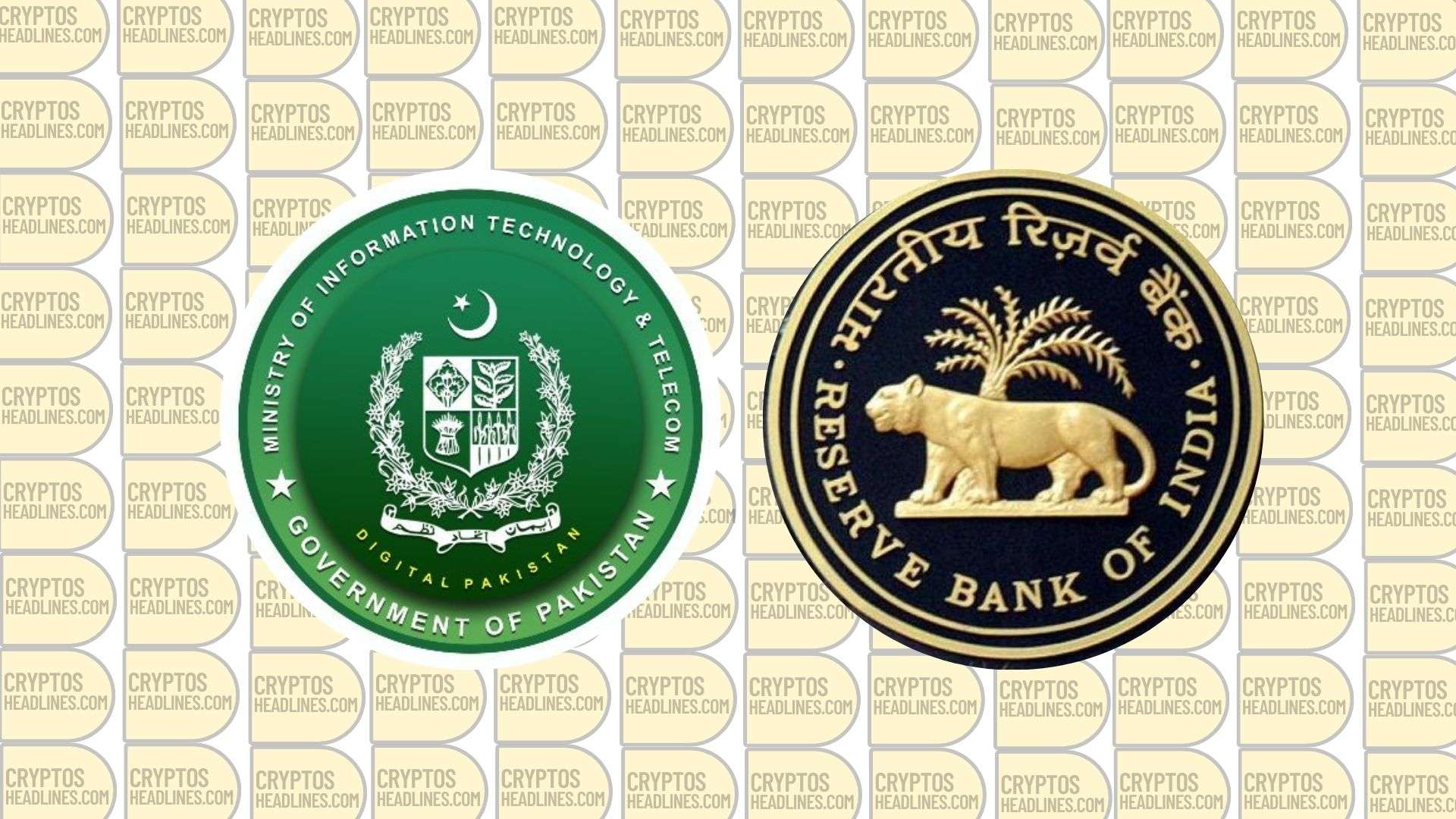A high-ranking official from India’s central bank, the Reserve Bank of India (RBI), advised banks to incorporate artificial intelligence (AI) and blockchain technology for long-term growth and stability.
During a conference organized by the RBI for directors of Indian banks, Deputy Governor Mahesh Kumar Jain discussed risk management strategies related to sustainable growth and stability.
The official emphasized the importance of adopting AI and blockchain to ensure a secure and prosperous future for the banking sector.
Governance in Banks: Driving Sustainable Growth and Stability – Speech delivered by Shri M K Jain, Deputy Governor, Reserve Bank of India at the Conference of Directors of Banks organised by the RBIhttps://t.co/Ft4Kv68X0T
— ReserveBankOfIndia (@RBI) May 31, 2023
During the conference, Deputy Governor Mahesh Kumar Jain emphasized the significance of strong corporate governance and well-defined processes to tackle future risks effectively.
He highlighted that banks face various risks due to technological advancements, changing customer expectations, and cybersecurity threats. To address these challenges, Jain recommended that Indian banks prioritize the adoption of innovative technologies like AI and blockchain.
He also emphasized the importance of digital transformation, improving customer experience, and investing in robust cybersecurity measures. Jain’s overall message was for banks to embrace technology and make strategic investments to prepare for the future and overcome emerging risks.
Also Read This : AI Crypto Projects Lead Transformation by Revolutionizing Through Blockchain
India’s central bank, the Reserve Bank of India (RBI), introduced its central bank digital currency (CBDC) on November 1, 2022. In March, the CBDC began undergoing testing to determine its offline capabilities. During this time, Ajay Kumar Choudhary, an executive director at RBI, expressed India’s goal of establishing the CBDC as a widely accepted form of payment.
In a neighboring country, Pakistan, there are also plans to train one million IT graduates in artificial intelligence (AI) by 2027, showcasing their commitment to technological advancement.
Draft National AI Policy (https://t.co/pZ516dmP8R)#MOITT believes in an inclusive approach for effective policy making. Please share your feedback through email ([email protected]) so that the policy draft is updated in the best interests of citizens of Pakistan. pic.twitter.com/afbkyNuG11
— Ministry of IT & Telecom (@MoitOfficial) May 22, 2023
As mentioned before, Pakistan has outlined various applications for artificial intelligence (AI). These include using AI to forecast weather conditions, optimize agricultural supply chains, and transform healthcare services, among other purposes. The country aims to leverage AI technology in these areas to improve efficiency and enhance outcomes.
Important: This article is intended solely for informational purposes. It should not be considered or relied upon as legal, tax, investment, financial, or any other form of advice.
Join Cryptos Headlines Community: https://linktr.ee/cryptosheadlines.com










